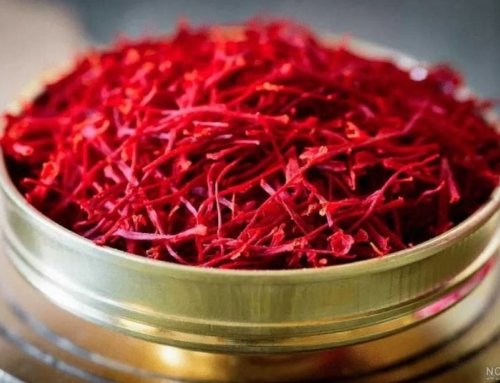Problems of the Iranian saffron export market last year
Ali Hosseini, referring to the escalation of sanctions last year, said: The escalation of sanctions made foreign exchange transactions very difficult for traders, and any kind of money transfer was time consuming and costly.
He continued: In these circumstances, the government forced traders to commit to foreign exchange, and this meant more pressure on traders and more slow exports.
Hosseini cited the boom in smuggling as another problem in the saffron market last year, saying that the increase in saffron smugglers’ activities caused serious concerns for traders, and that this was one of the obstacles to increasing the saffron export value for the past year.
He added: Smugglers sell Iranian saffron at a price of $ 600 to $ 700, which has reduced the world price of Iranian saffron.
Hosseini, emphasizing that the negligence of the officials opened the field for the presence of Chinese brokers in the saffron supply poles, added: At some point, with the negligence of the officials, the number of Chinese brokers in the saffron supply poles increased significantly and this event affected the export market.
He continued: These brokers did not have names, badges and currency commitments, and they knew well the way out of saffron from informal sources.
Hosseini cited damage to the reputation of the Iranian product in the world market and the unsuitable growth of exports despite the increase in production as other results of the smuggling boom.
According to him; Leaving saffron from unofficial sources with unfavorable conditions by smugglers reduces the quality of this product and destroys the reputation of Iranian saffron.
Hosseini called the outbreak of the Corona virus in the country a test for officials, which showed that the country is not ready to face a crisis, at least in its trade sector.
He added: We are not ready to face the crisis. This will cause us to always suffer heavy losses in times of crisis.
He mentioned floods and earthquakes as other crises that due to lack of preparedness to face them, our markets, especially the market of agricultural products, are always affected and cause severe fluctuations in the domestic and foreign markets.
This member of the National Saffron Council of Iran expressed his hope that the events of last year, with all their bitterness, will be a lesson for the days ahead so that better and more accurate management of problems can be applied.
Hosseini stressed: It is possible to manage the market and develop exports in critical situations and only requires effort and empathy between the private and public sectors.



![Exporting Saffron to Turkey + Price Guide [Complete 0 to 100]](https://www.rowhanisaffron.com/wp-content/uploads/f1-372-500x383.jpg)




Get Social